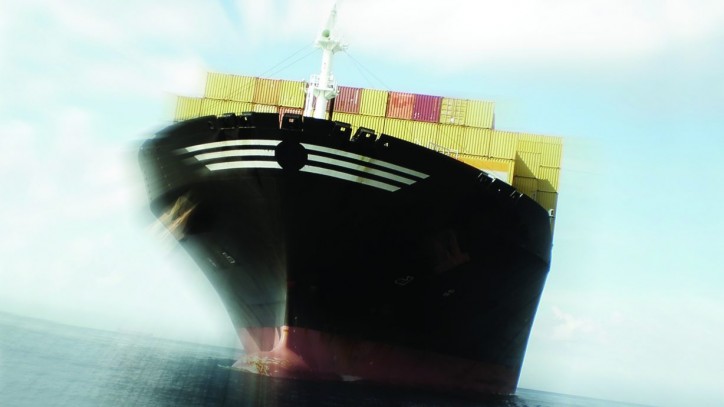SEA\LNG recently submitted a letter to the Puget Sound Clean Air Agency in response to its draft Supplemental Environmental Impact Statement (SEIS), relating to the LNG facility at the Port of Tacoma, and LNG’s use as a marine fuel. The draft SEIS is an extension of the Air and Cumulative Impact sections related to greenhouse gas emissions in the “Final Environmental Impact Statement” (FEIS) issued by the City of Tacoma.

The purpose of SEA\LNG’s letter is to provide insight into the national and international importance of shipping, the maritime industry’s effort to reduce its environmental impact, and the role Liquefied Natural Gas (LNG) plays in helping to clean the air we all breathe.
Many among the general public do not realise that roughly 90 percent of global trade is transported by ships, nor that ships provide the most cost and energy efficient means of transport. Due to the scale of their carriage capacity, there is no better transport solution from an efficiency or an environmental standpoint.
The maritime industry’s efforts to further reduce the environmental impact of its operations have been led by the International Maritime Organization, an arm of the United Nations, and supported for years by the United States and the vast majority of countries around the world. The environmental benefits of LNG as a marine fuel are increasingly being recognised by the shipping industry, ports, and port communities world-wide as part of this drive for improved sustainability and reduced air quality emissions.
LNG offers the shipping industry a credible, safe, competitive, and environmentally beneficial fuel. Compared to existing alternatives and other unproven technologies, LNG provides the only currently available means to address key environmental issues today. LNG also provides major air quality benefits which are highly relevant and especially important for port communities such as Seattle and Tacoma.
As the SEIS notes, the use of LNG will “result in an overall decrease in GHG emissions in the Puget Sound Region” and “the greater the replacement with petroleum-based fuels with LNG, the greater the overall reductions in GHG emissions”. Combined with the superior air quality benefits LNG is known to deliver, the proposed action is a highly beneficial step forward for the Puget Sound region.
To read the full letter submitted to the Puget Sound Clean Air Agency, please click here.
Source: SEA\LNG